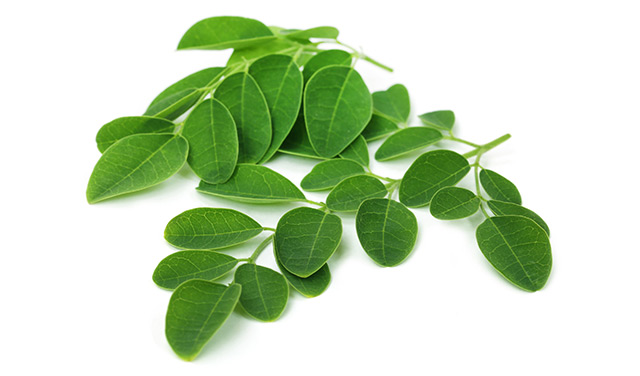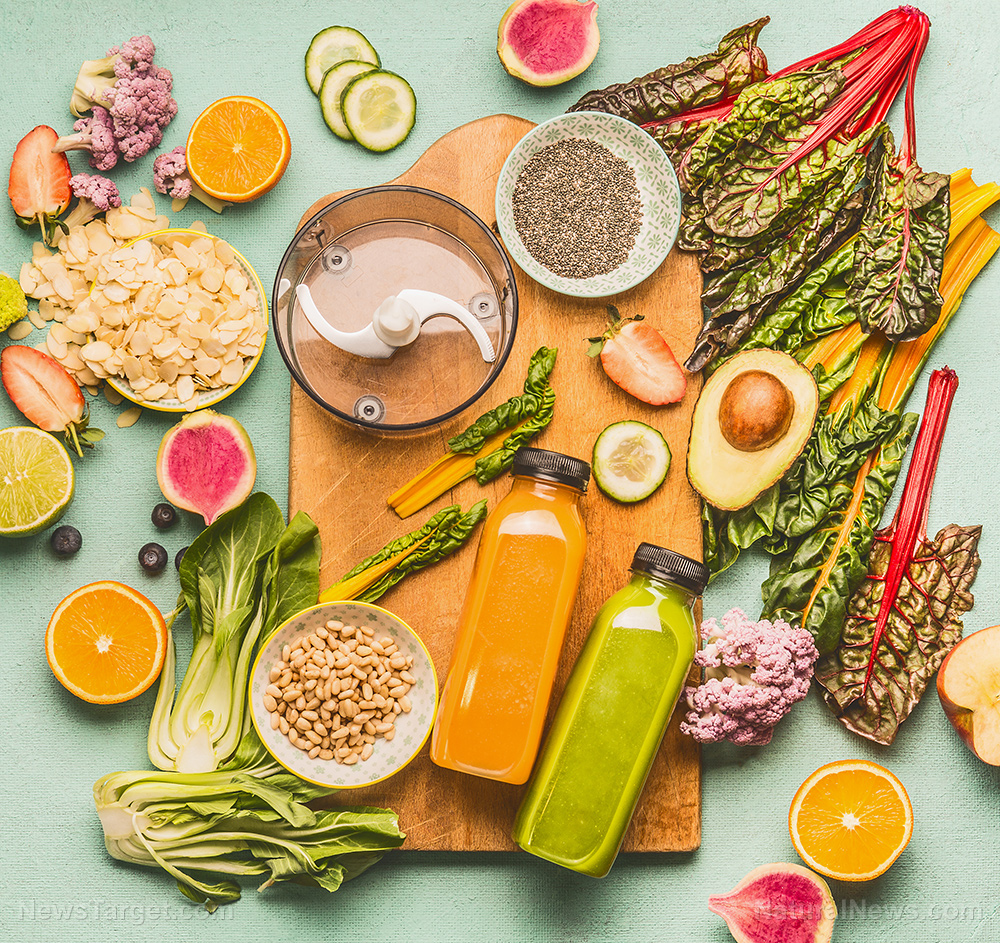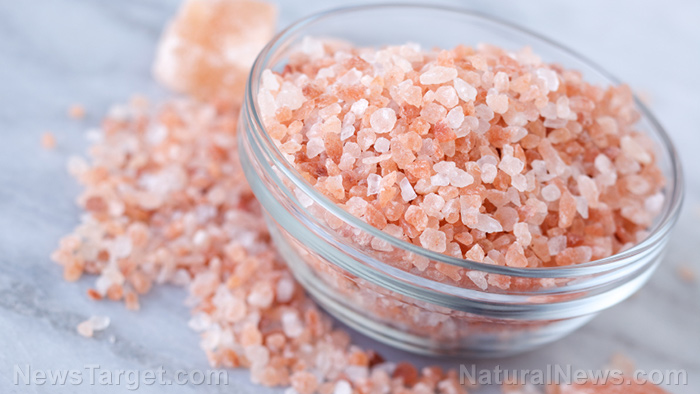Insufficient acetylcholine responsible for those “senior moments” – here are natural ways to increase its levels
08/20/2018 / By Edsel Cook

Acetylcholine earned its title of the “memory molecule” for a good reason. Low levels of the normally numerous neurotransmitter can make even young and otherwise smart people every bit the senile senior citizen. An article on Be Brain Fit shows how you can boost the amount of acetylcholine in your brain.
The initial means is to prevent a deficiency in the first place. There are some medical conditions that cause low levels of acetylcholine, however.
Diseases can cause antibodies or similar autoimmune problems that disable the neurotransmitter’s receptors. They can also prevent the production of acetylcholine.
Still, the most common reasons for acetylcholine deficiency are diet and medications. Indeed, one of the few problems of low-fat and vegetarian diets is that they have little in the way of choline, the precursor of acetylcholine which is mostly found in fatty animal foods.
Experts warned that an acetylcholine-deprived brain will break down its own tissues in order to get alternatives to choline.
There are also anticholinergic drugs that block the activity of this important neurotransmitter. These should be avoided as they can increase the risk of dementia and hasten the development of Alzheimer’s disease. (Related: Known as the “bliss molecule”, anandamide is a natural way to stimulate a sense of happiness.)
Egg yolk has all the choline you need to make brain-boosting neurotransmitters
Any signs of acetylcholine deficiency should be amended immediately. You should eat more choline-rich foods and stop taking anticholinergic drugs such as the antihistamine medication Benadryl and the powerful antacid Pepcid AC (famotidine).
The best food sources for choline are egg yolks, organ meats, and fatty meats. The 150 milligrams (mg) of choline in a single egg is equal to two cups of tofu, three potatoes, or six cups of brown rice.
The recommended daily amount of choline for women is 425 mg. Men, on the other hand, need 550 mg of it each day.
If you need to improve your acetylcholine levels but cannot get or eat the choline-rich fatty meats, you can take plant-based supplements like Alpha-GPC and citicoline. These herbal supplements supply choline to the brain that can be turned into acetylcholine.
Other herbal brain supplements include bacopa (Bacopa monnieri), gotu kola (Centella asiatica), and American ginseng (Panax quinquefolius). They work by increasing the amounts of acetylcholine in the brain.
The Huperzine A herbal extract is even more effective at this. Derived from the Chinese club moss (Huperzia serrata), it has been used as an alternative means of medicating Alzheimer’s disease.
While you are increasing your choline levels, you should also increase the amount of vitamin B5 you eat. This vitamin is part of the process that synthesizes choline into acetylcholine.
Herbal supplements can make acetylcholine receptors work even better
These supplements are not limited to raising your neurotransmitter levels. They also improve the effectiveness of the receptors targeted by acetylcholine.
Unlike other neurotransmitter receptors, acetylcholine receptors do not lose their responsiveness to drugs or supplements over time. Instead, they become more responsive to treatment. So as time passes by, you can achieve the same benefits with reduced amounts of supplements.
Furthermore, you do not need to constantly take these supplements all the time. Much like how you can take a cup of coffee whenever you need to wake yourself up, acetylcholine supplements can be taken in higher doses whenever you need a brain-boost. They also take less than an hour to take effect.
At the same time, take care to avoid excessive amounts of acetylcholine. Too much of the neurotransmitter can cause cramps, depression, headaches, fatigue, nausea, muscle cramps, and tension.
Find out what foods can naturally boost your brain and improve your health at Superfoods.news.
Sources include:
Tagged Under: acetylcholine, Anticholinergics, Bacopa, brain health, choline, drugs, egg yolk, gotu kola, herbal remedies, medication, Medicine, memory, memory molecule, Neurotransmitters, nutrients, nutrition, supplements




















